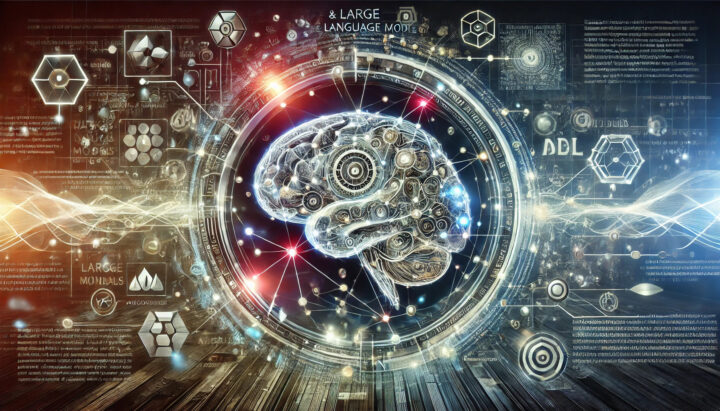Can AI really understand us?
Large language models (LLMs) like GPT and Gemini are revolutionizing how we interact with technology, enabling machines to generate human-like text, analyze vast data, and assist in complex tasks. These models can sift through massive amounts of information and respond in ways that feel intuitive. But do they truly understand what they process?
While LLMs are powerful tools for generating knowledge and aiding decision-making, their insights are built on patterns, not comprehension. As we continue to develop these technologies, the balance between their impressive capabilities and their limitations remains a crucial consideration for the future of AI.
Language models are undeniably great tools. For example, the first two paragraphs and the image illustrating this post were generated by OpenAI’s ChatGPT.
Want more examples? Watch this promotional video: https://youtu.be/pCxPzA_ZQdY
The video itself (visuals) was produced by the Smart Systems Group, but the audio was entirely generated by Google’s NotebookLM from text on a description page of the research group. Impressive, isn’t it?
However, it is important to highlight not only the achievements but also the limitations of these remarkable tools, so we can use them wisely. As Prof. Wallace Moreira Bessa, head of the Smart Systems Group, points out: “Language models excel at syntax (producing grammatically correct text), but they struggle with semantics (understanding meaning). For instance, LLMs might generate sentences that are syntactically correct but semantically nonsensical or irrelevant, potentially leading to misinformation. We must be mindful of this to use these tools appropriately.”
As AI becomes more embedded in our daily lives, it’s crucial to recognize that while these tools can greatly enhance productivity and creativity, their limitations must not be overlooked. Understanding both their strengths and weaknesses will allow us to use AI responsibly, ensuring that it serves as an effective aid without leading to unintended consequences. The future of AI lies not just in its development but in how we learn to use it judiciously.
